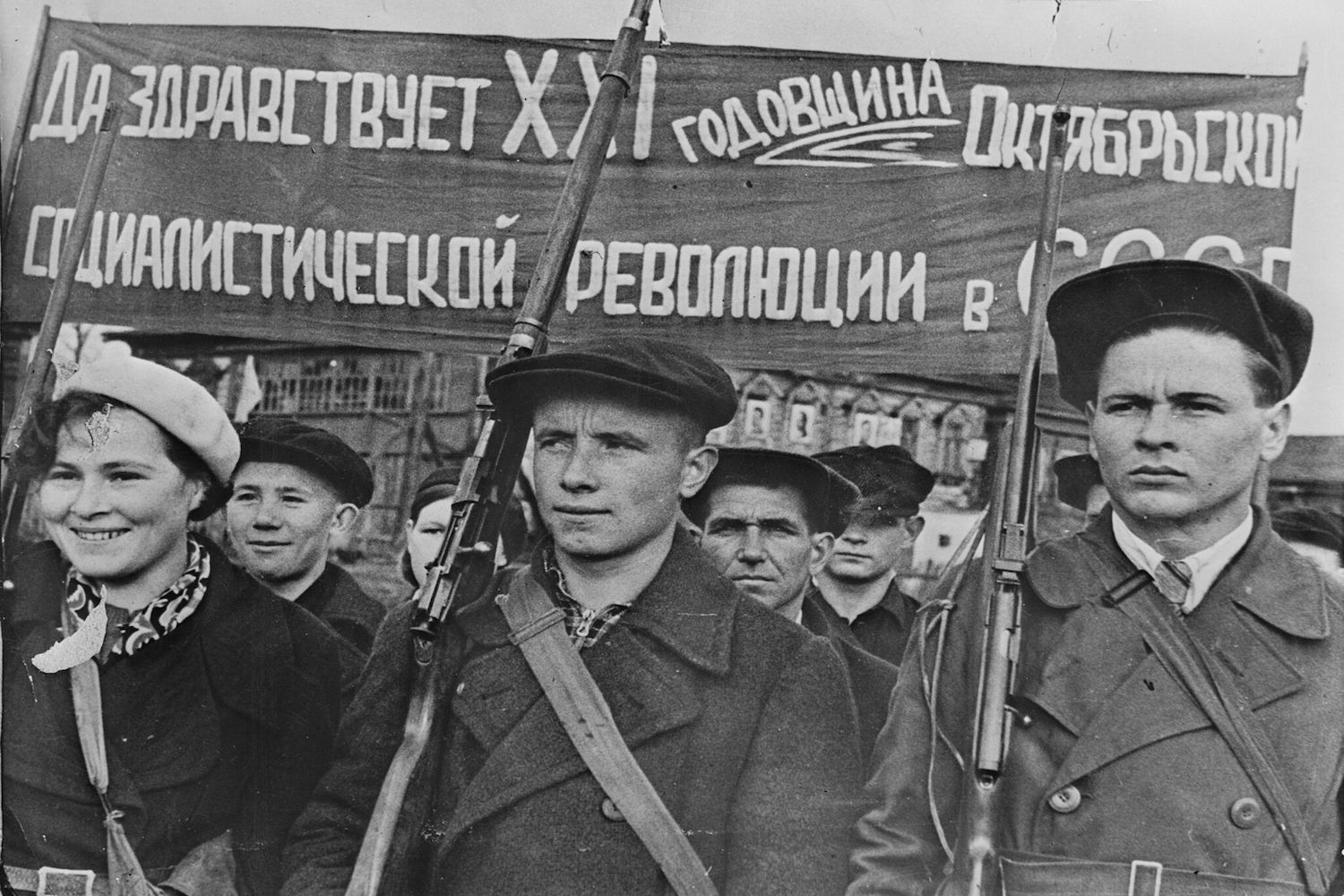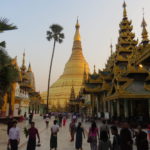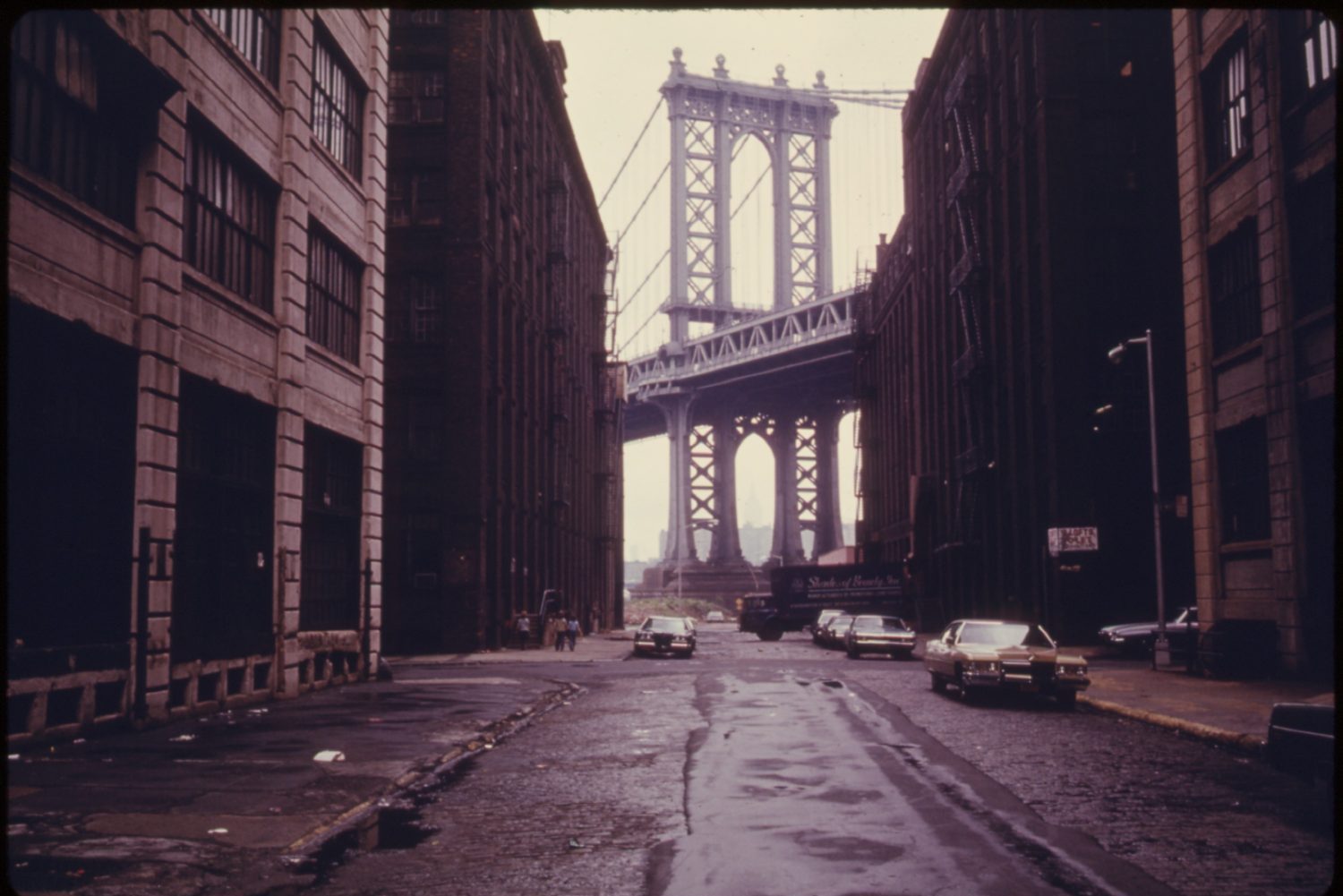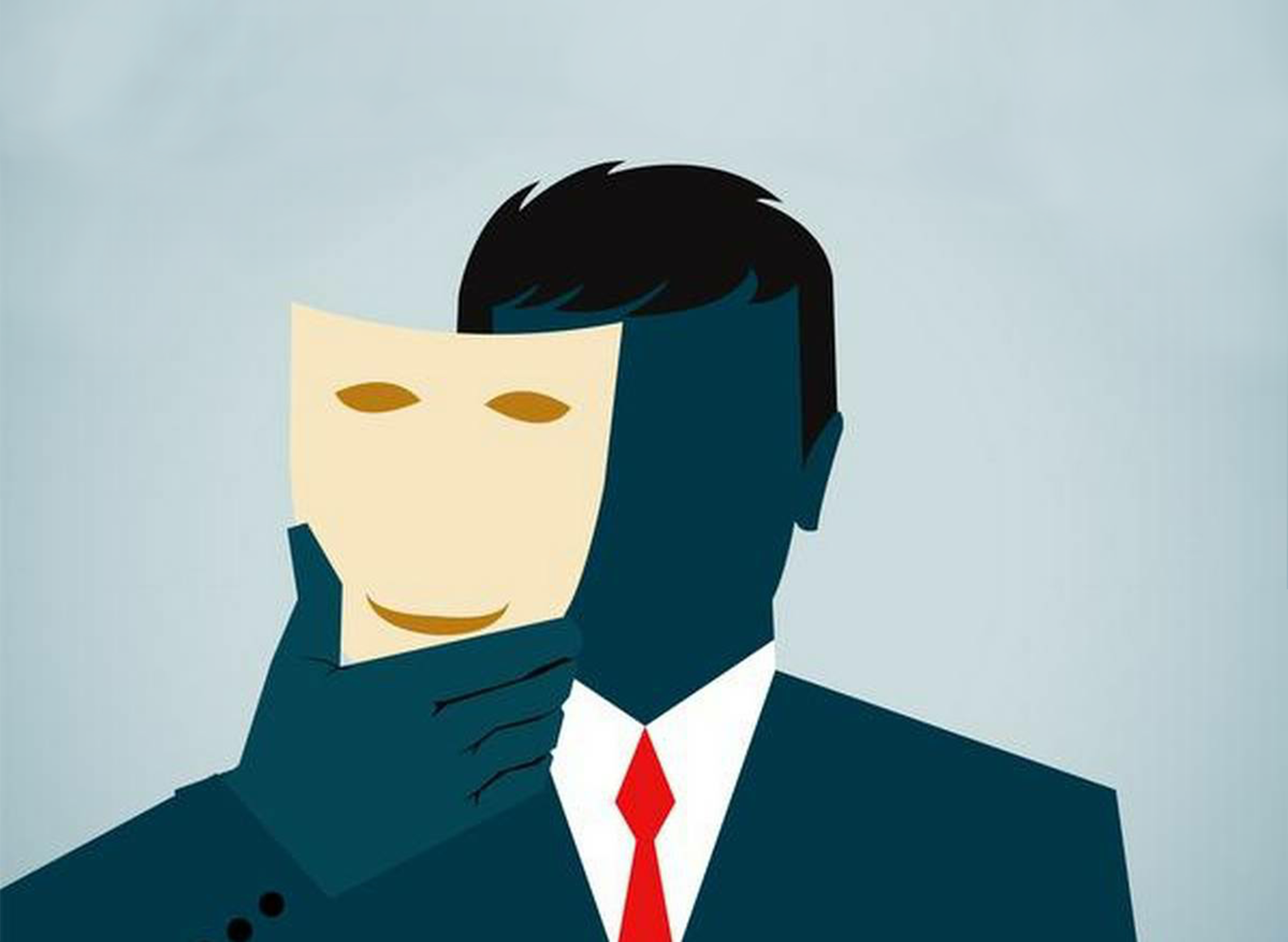November 7 was the centennial anniversary of the October Revolution, or Bolshevik Revolution as it is sometimes called. The October revolution led to the collapse of the Tsarist Russian Empire, six years of bloody civil war, and ultimately the establishment of the Soviet government. These historical events represent some of the most important episodes of Russian history, but are they worth remembering today when analyzing current Russia? To answer this question, it is important to answer three core questions: What was the October Revolution? What did it change? How is it connected to modern Russia?
What happened?
The concept of October Revolution comes from the Soviet historiography where one long and complicated revolution was divided into February revolution – bourgeois democratic revolution, and October revolution – socialistic. During the October Revolution, the Provisional government established after the February revolution was accused of being unable to solve the labor and land problems in Russia, a situation that was aggravated by its participation in the First World War. The Bolshevik political party was one of the most active participants during the revolution, with populist slogans like “Peace to the People, “Land to the Peasants”, “Factories to the Workers”.
In order to coordinate uprisings against the Provisional government, the Bolshevik party created a Politburo, with Vladimir Lenin, Lev Trotsky, Joseph Stalin, Andrei Bubnov, Grigory Zinoviev and Lev Kamenev as notable members. The direct leadership of the uprising was carried out by the Military Revolutionary Committee of the Petrograd Soviet, which also included the Left Socialist-Revolutionaries. The revolution started on November 6 and already on November 8 both the then capital Saint-Petersburg and Moscow were taken. In January 1918, the Constituent Assembly was dispersed and by March, Soviet power was established across a large territory of Russia.
The shock of revolution
The October Revolution had an enormous impact on Russia. It led to the six-year civil war between Bolsheviks and their supporters, and the White movement – a strong political movement with members across the anti-communist spectrum, from republican and bourgeois liberals to the supporters of monarchism and Orthodox Christianity.
To win the war, the Bolsheviks used massive violence against the middle class and the peasantry, therefore, the main political support the Bolsheviks gained was not the peasantry, but from the industrial proletariat. The White movement was supported mainly by the officers and bourgeoisie. Contrary to popular belief, the White Army did not fight in the civil war to restore the Russian emperor. Their main goal was to establish a new Constituent Assembly that would define a future political regime. In the end, it was the peasantry that decided the outcome of the civil war. Despite the mass terror that it experienced from the Red Army, a return to the old system of landlords seemed an even worse option.
Immediately after the October Revolution, the Bolshevik government signed a peace treaty with Germany, exiting the war in 1918. For Germany, this meant no longer fighting on two fronts. It also gave the Bolsheviks an opportunity to consolidate power and engage fully in the civil war.
The victory in the civil war led to the foundation of the Soviet Union on December 30, 1922. More than two million people were forced to leave the USSR as the opponents of the new regime. However, those who stayed experienced a new shocking way of life. All land was expropriated from the landlords and divided between the peasantry, industrial property and banks were nationalized, and a new educational reform was put in place. Even before the establishment of the Soviet Union, in 1918, women were granted full political powers and were proclaimed equal to men.
The Great Russian Split: Hatred and Love
One hundred years has passed since the tragic events of 1917, but Russian society is still divided today as it was back then. A sociology survey conducted this year to review attitudes towards the October Revolution revealed that around 32 percent of the respondents said they were not sure if the revolution was more positive or negative; 29 percent said that it was both, and 21 percent view it as more positive than negative. Only six percent of respondents still think that the October Revolution can be counted as one of the proudest events in Russian history.
The topic is highly sensitive to anyone who is connected to Soviet Union history. More than sixty years of Soviet propaganda make it hard for anyone to stay unbiased. The shadows of Soviet era make you either hate or love everything that was connected to the socialist past.
Vladimir Putin cannot seem to make up his mind about the Revolution. In October, he stated that “the revolution is always a consequence of a lack of responsibility of those who would like to conserve, freeze the obsolete order of things that obviously requires reorganization, and those who seek to spur change with disregard of possible civil conflicts and destructive confrontation”. He emphasized that negative and positive events are closely linked in Revolutionary history. Putin did not miss the opportunity to say that the creation of the USSR became a challenge for Western countries and that “unfortunately, the Western partners, having divided the geopolitical heritage of the USSR, started to believe in their own undeniable truth, declaring themselves victors in the Cold War, openly interfering in the affairs of sovereign states, exporting democracy as the Soviet leadership had tried to export the socialist revolution to all the world.”
The Revolution and the following Civil War are now being rediscovered both by Russian academics and cultural circles. After the collapse of the Soviet Union, anniversary of the October Revolution is no longer a national holiday. The role and symbolic meaning of the White Movement is being reassessed and the year 1917 is beginning to be portrayed as the tragic and bloody event that changed the route of Russian development for the next century. The Great October Revolution does not seem so great anymore, but exactly what it seems like instead is too early to tell, even a century later.
What to Watch
The Admiral (2008) – the tragic story of Admiral Kolchak who fought the Bolsheviks during the Civil War. The movie represents the new wave in Russian cinematography to revive the history of the White Movement who were declared “enemy of the states” during Soviet times.

The Revolution Demon (2017) – the historical TV series based on the memoir of a Russian intelligence service officer who went to Germany and was accused of financing the revolution movement. The TV series is expected to be soon available with English subtitles.
Doctor Zhivago (1965) – the classic American movie about a Russian physician and poet whose life unfolds during the First World War, the October Revolution and the civil war. Based on the novel of Boris Pasternak.
What to Read
History of the Russian Revolution by Leon Trotsky – the history of revolution from one of its leaders that later would be murdered by the Soviet regime.
 The Autobiography of a Sexually Emancipated Communist Woman by Alexandra Kollontai – the fierce opponent of the First World War and the iconic figure in women liberation movement. Kollontai was the first woman ambassador appointed by the Soviet government. Fascinating reading for those who interested in feminism and history: “But over and over again things turned out differently, since the man always tried to impose his ego upon us and adapt us fully to his purposes. Thus despite everything the inevitable inner rebellion ensued, over and over again since love became a fetter. We felt enslaved and tried to loosen the love-bond. And after the eternally recurring struggle with the beloved man, we finally tore ourselves away and rushed toward freedom.”
The Autobiography of a Sexually Emancipated Communist Woman by Alexandra Kollontai – the fierce opponent of the First World War and the iconic figure in women liberation movement. Kollontai was the first woman ambassador appointed by the Soviet government. Fascinating reading for those who interested in feminism and history: “But over and over again things turned out differently, since the man always tried to impose his ego upon us and adapt us fully to his purposes. Thus despite everything the inevitable inner rebellion ensued, over and over again since love became a fetter. We felt enslaved and tried to loosen the love-bond. And after the eternally recurring struggle with the beloved man, we finally tore ourselves away and rushed toward freedom.”
The Tasks of the Proletariat in the Present Revolution by Vladimir Lenin -the beginning of Leninism advocating for socialist revolution against “Marxist Orthodoxy”. One of the most successful propaganda pieces that shifted proletariat opinion in favor of his party.
What to Listen
The History Hour by BBC/Russian Revolution – the BBC brief description of the Russian Revolution.
Podcast: Judith Delvin on the Russian Revolution by historyhub – Professor Judith Delvin discusses the February and the October Revolution and the following Civil War in the special episode dedicated to the 100th Anniversary.
Where to Go
The State Museum of Political History of Russia has a new exposition devoted to the Russian revolution. The museum can also be explored online (http://tour.polithistory.ru/gallery/#174)
Saint-Petersburg has a special tourist route for anyone who is interested in the history of revolution. Winter Palace, Alexander Park, Battleship Aurora, Smolny Institute are places that have remained relatively unchanged since the tragic events of 1917.






